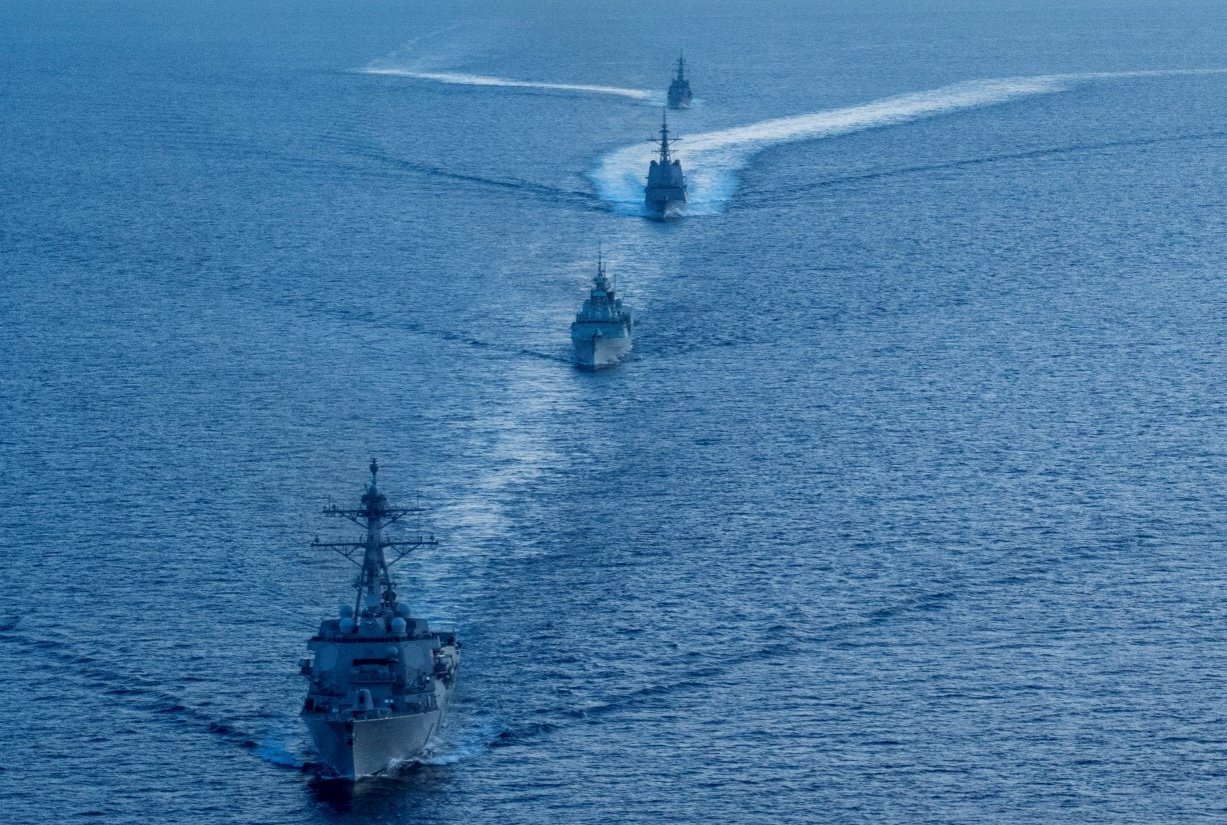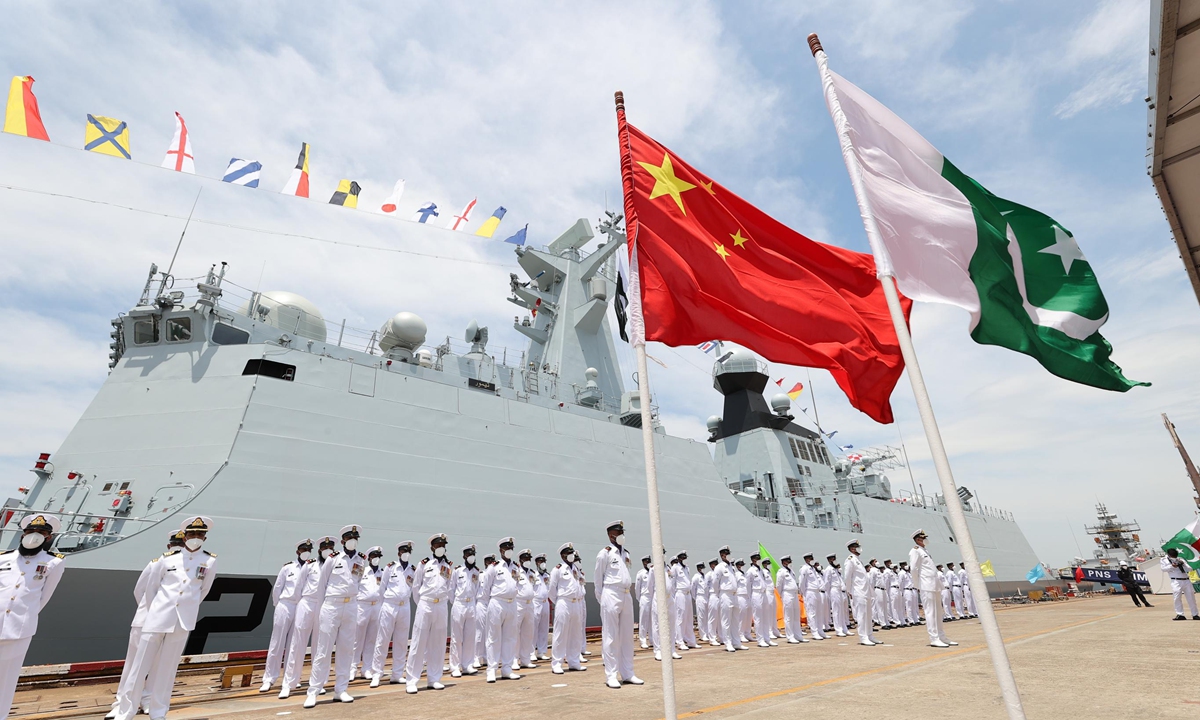I see a few comments on population growth, water and economic constraints. Since that is my day job (infrastructure planning) I’d like to comment as follows.
Birth rate and natural population growth rate has declined in all developed countries, especially as the proportion of women in higher education grows. In Australia there have been several times in the past three decades when the birth rate was below replacement level. Overall since 2000, about 75% of our population growth was due to immigration, which has been the primary driver of population growth since the 1950s. There is no sign of this slowing down because, despite the high house prices, Australia still has relatively high personal incomes, and surplus jobs, which is the main attractor of migrants.
Only around 1/3 of Australia’s land area is arable in terms of soil quality and water quantity. The rest is not viable for agriculture, and even some irrigated land would not be deemed good quality farmland in other countries, but survives because of historic (and dubious) allocations of irrigated water.
Despite this, Australia still produces far more food than it needs. About 70% of Australia’s food crops are exported. Hence Australia’s food supply is not a constraint to growth to more than double current population. This still assumes current areas of bush and national park would remain undisturbed.
Same with water supply. Whilst water here is scarce, there is still more than enough water for a much larger population. The main issue is the equity of water distribution and how much users pay for it. The main large scale uses of water are for agricuture and mining, not household consumption. For example, as one water scientist I knew pointed out while Adelaide was building a desalination plant, six large cotton farms near Deniliquin in NSW had a larger water allocation than metropolitan Adelaide (pop 1.3 million).
Put simply, rich countries don’t run out of water. Worst case, they can build desalination plants. Even with these, the cost of water at household level rarely exceeds 10% of the cost of living. Food, housing and transport are the dominant costs.
I would observe that housing price and land supply is a very big issue right now, however in my opinion that that is almost entirely a product of Australia’s byzantine approach to town planning and property taxation laws. It is not due to lack of land. Countries without such laws don’t have the same problem with housing costs, even if they have larger populations and higher density. For example, you can literally buy a central Berlin or Paris apartment, cheaper than a house in Sydney. Prior to the advent of negative gearing tax deductions in the 1980s, and removal of most capital gains tax on investment property in 2000, Australia did not have a major problem with house costs.
Despite all the frustrations our governments might cause, most Australian cities are consistently ranked as among the most desirable places to live in the developed world. More than 80% of our population live in capital cities; of the remainder more than half live in regional cities.
On current trend Australia’s population will reach 35 to 40 million by 2050, and could exceed 50 million in the 2060s (2100 latest).





